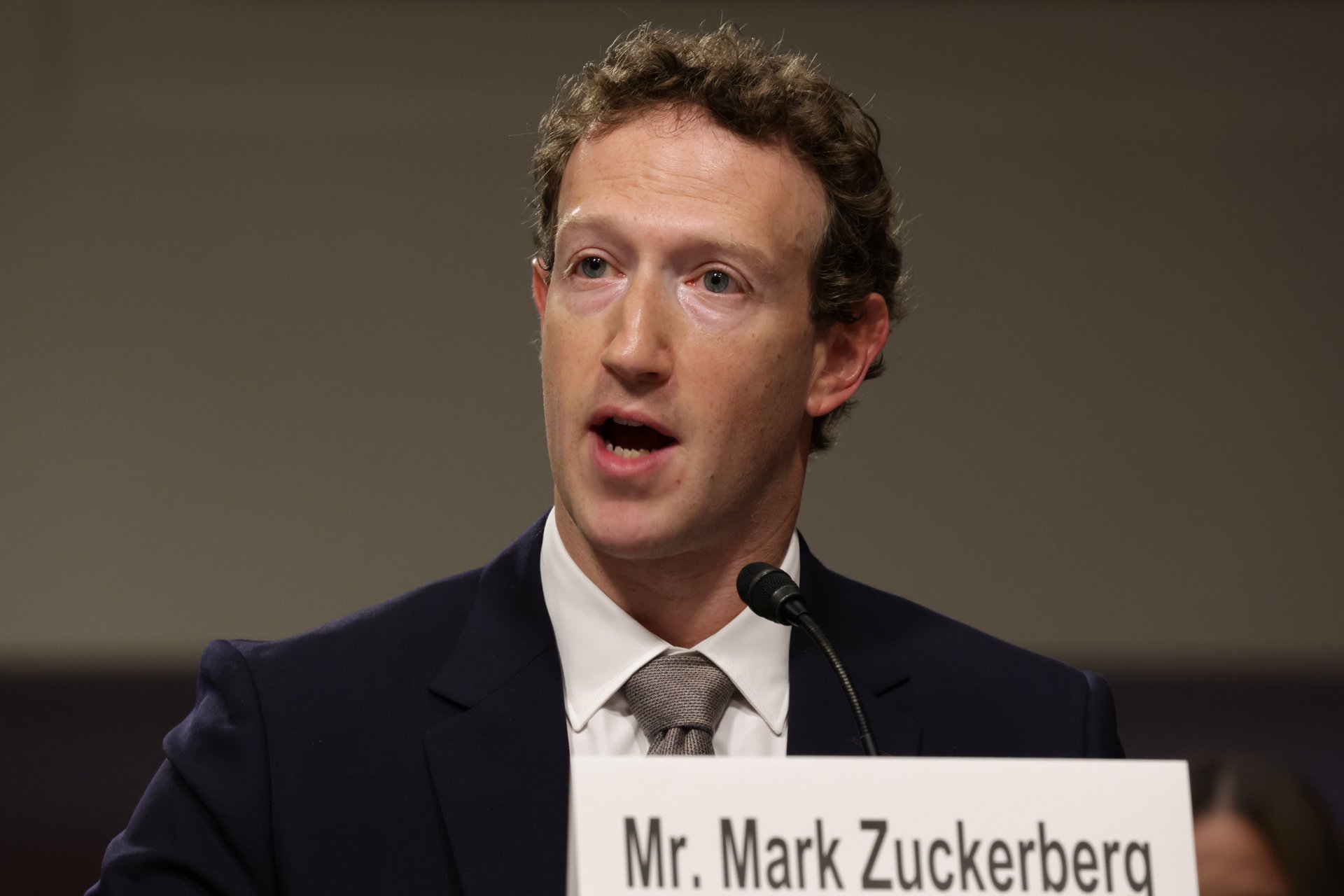It looks like Mark Zuckerberg is personally trying to poach Google AI researchers for Meta
Meta has reportedly offered jobs to candidates without interviews

Meta has already spent billions on chips to build on its AI efforts against competitors. Now its chief executive is reportedly spending time wooing AI talent from its rivals.
Suggested Reading
Mark Zuckerberg has written personal emails to researchers at Google’s DeepMind, convincing them to work with him at Meta, sources who saw the messages told The Information. Meta has also reportedly offered jobs to candidates without interviews, and stepped back on its policy of not offering higher salaries to talent who have job offers from competitors.
Related Content
Neither Meta nor Google immediately responded to a request for comment.
Meta’s AI plays
Earlier this month, a Meta executive said part of the company’s “technology roadmap” from now until 2026 is focused on developing an AI model to power recommendations for the platform’s videos and user Feeds.
“Instead of just powering Reels, we’re working on a project to power our entire video ecosystem with this single model, and then can we add our Feed recommendation product to also be served by this model,” Tom Alison, head of Facebook, said at a Morgan Stanley tech conference. “If we get this right, not only will the recommendations be kind of more engaging and more relevant, but we think the responsiveness of them can improve as well.”
In the past, Meta has used different AI models to power recommendations for each of its products, including Reels, Groups, and Feed, Alison said. But last year, the company started experimenting with large language models (LLMs) and generative AI to power recommendations on its platforms in one integrated architecture. Meta is also working on other generative AI products, Alison said, including digital assistants and improvements to its chatting tools.
Meta is one of the biggest customers of Nvidia’s H100 chips, spending $4.5 billion on the highly-coveted hardware in 2023. But now with the newly-released Blackwell (or B200) chip hitting the market, even the best Nvidia buyers are clambering for its supply. Meta doesn’t expect to receive shipments of Nvidia’s Blackwell chips until 2025, a company spokesperson said in mid-March.
